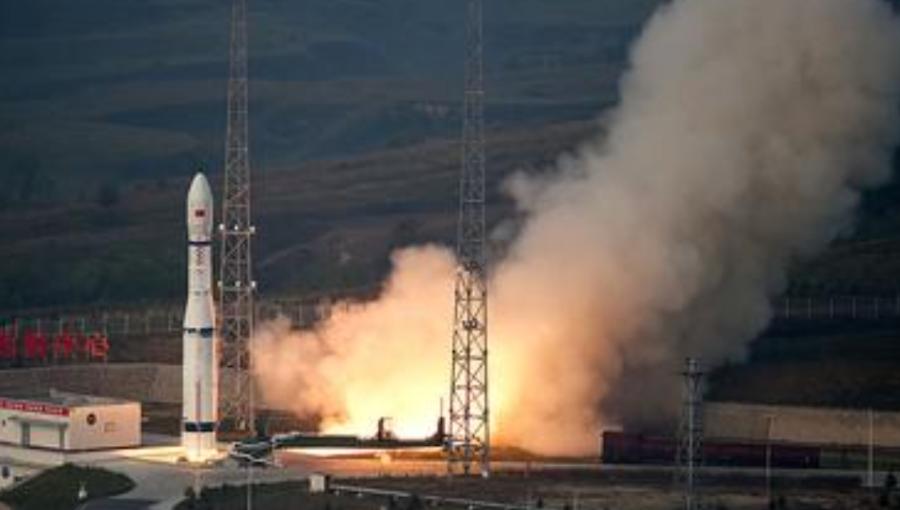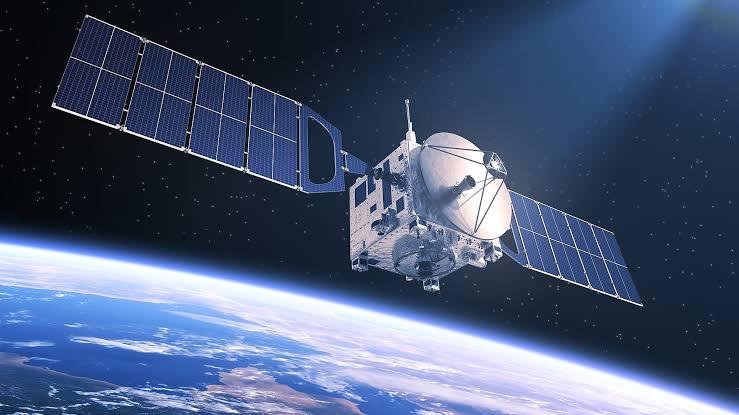
Spacesail Kazakhstan, a subsidiary of China’s Spacesail International, has officially registered at the Astana International Financial Centre (AIFC), marking its entry into Kazakhstan with a $17 million capital investment.
Spacesail is positioning itself as a major competitor in the satellite internet sector, often compared to Elon Musk’s Starlink. In 2024, the company successfully launched 18 satellites into low-Earth orbit using the Long March 6A rocket from Taiyuan Launch Complex in China. By 2025, Spacesail plans to deploy 648 satellites to provide full coverage across China. Its ambitious long-term vision includes launching around 15,000 satellites globally by 2030, aiming to offer high-speed internet access worldwide.
In Kazakhstan, Spacesail plans to establish a facility to integrate its satellite internet services with the country’s existing communication infrastructure. The company’s efforts align with Kazakhstan’s digital transformation goals, as the Ministry of Digital Development, Innovations, and Aerospace Industry is expected to formalize cooperation with Spacesail by signing a memorandum of understanding later this year. After this agreement, a timeline for the rollout of Spacesail’s satellite internet services in Kazakhstan will be announced. Spacesail Kazakhstan has pledged to adhere to all regulatory requirements set by the ministry.
Kazakhstan is no stranger to satellite internet technology. The country is currently piloting Starlink services in remote schools to improve internet access in underserved areas. In 2024, global satellite internet providers like OneWeb and Amazon Kuiper also began offering services in Kazakhstan.
Spacesail’s entry adds to the growing competition in Kazakhstan’s satellite internet sector, with the potential to bring more affordable and reliable connectivity to the country. By integrating its services with local infrastructure, Spacesail aims to contribute to improving internet accessibility and fostering digital innovation in the region.
As the company progresses toward its ambitious satellite deployment goals, its collaboration with Kazakhstan could pave the way for improved connectivity in Central Asia and beyond, solidifying Spacesail’s position in the rapidly growing satellite internet market.
Technology

Tanzania Blocks Access to X Over Pornography and Security Concerns
Tanzania has blocked access to the social media platform X, formerly known as Twitter, citing concerns over pornographic content that violates the country's cultural and legal standards.

NCC Orders Telcos to Notify Nigerians of Major Network Outages
Telecommunication companies in Nigeria must now inform customers in advance about major service disruptions on their networks.

Nigeria Approves Launch of Four Satellites for Security, Earth Monitoring
Nigeria will launch four new satellites to support Earth observation and enhance national security efforts, according to Uche Nnaji, the Minister of Innovation, Science, and Technology.

Indonesia Eyes Data Centre Growth but Faces Major Hurdles
Indonesia, Southeast Asia’s largest digital economy by population, aims to become a major tech player in the region.